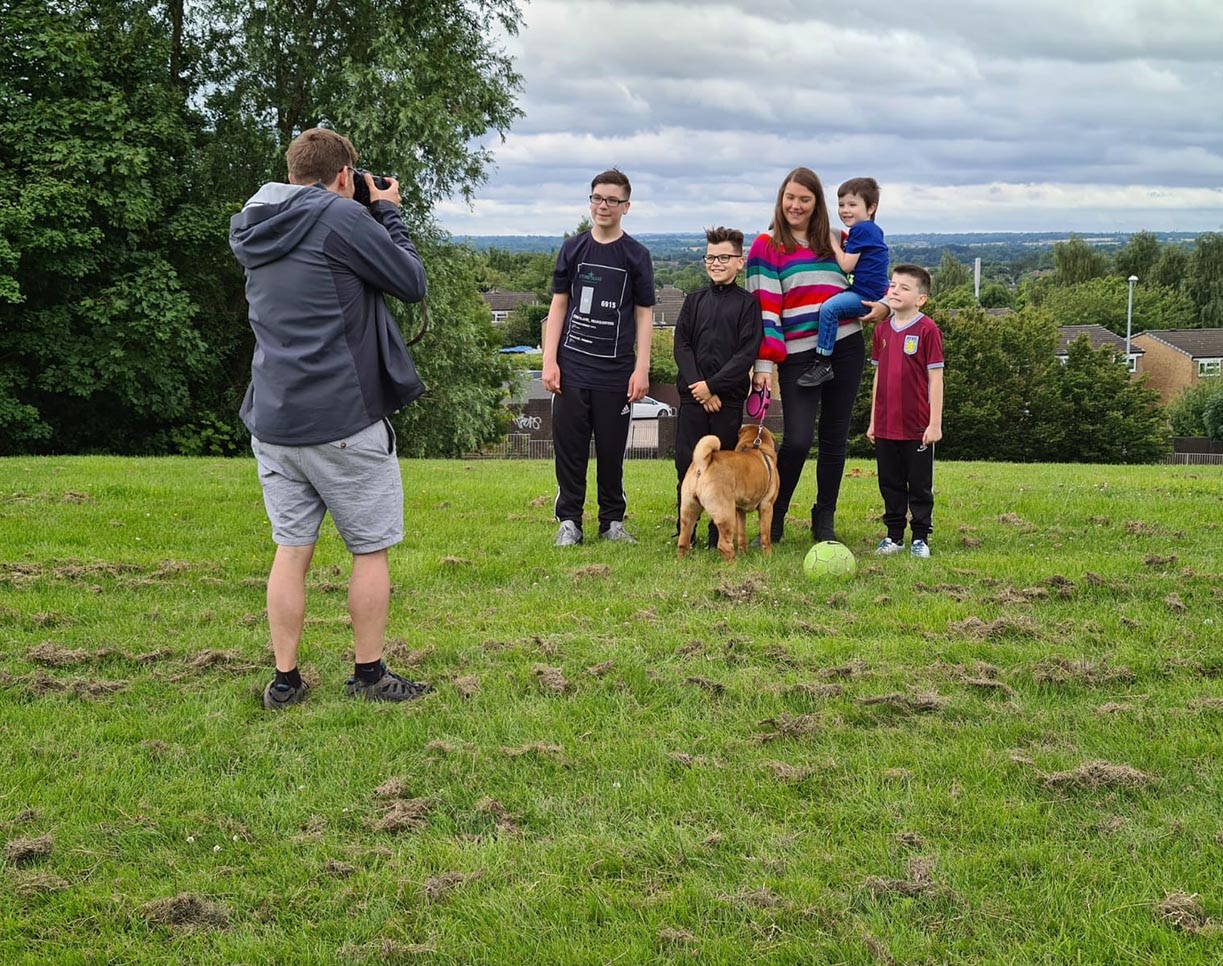Parents of children and young people
In some cases, parents may be affected symptomatically by an inherited sight loss condition themselves, and be familiar with the condition, diagnosis and terminology of sight loss. Those that aren’t might find contacting the Retina UK Helpline helpful.
Some parents feel guilt following diagnosis of inherited sight loss in a child – in many cases parents don’t realise they are carriers of a condition and it comes as a shock when their child is affected. Talking about these feelings can be helpful for some, and if you are struggling with this issue you can call the Retina UK Helpline for support or speak with your GP or a specialist counsellor.
It’s perfectly normal for a range of emotions to be felt following a child or young person’s diagnosis, and for there to be concerns about their future. The team on our helpline are there to provide a listening ear and offer emotional support and signposting to additional services. It may also be helpful to speak with an ECLO (Eye Clinic Liaison Officer) at your local eye hospital who can spend time with you explaining your child’s diagnosis and advising next steps and what practical, local support is available. Retina UK and other charities can help with information and support when parents feel ready to access further information (see below).

